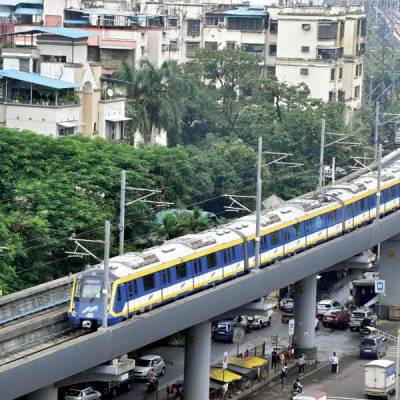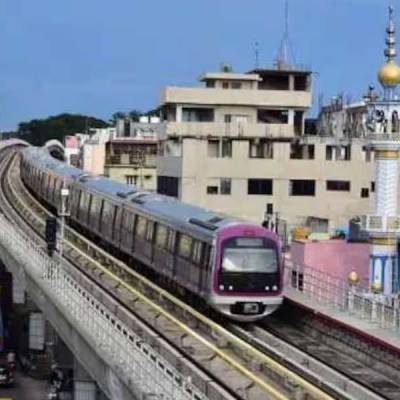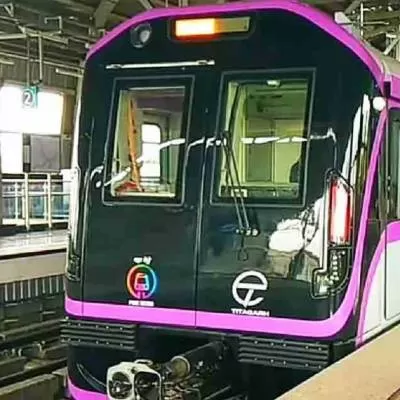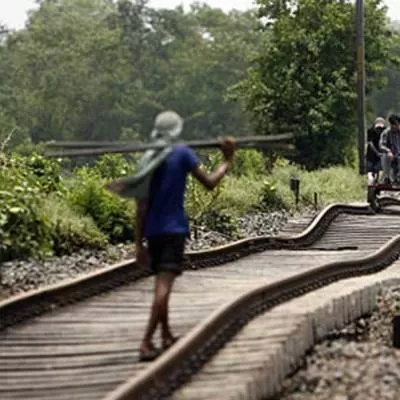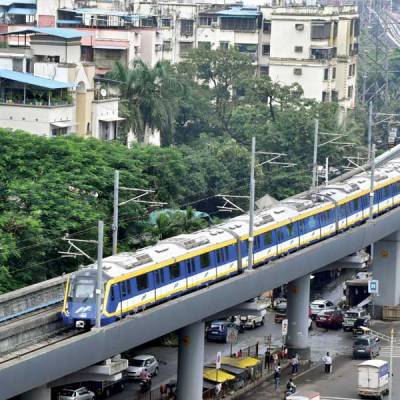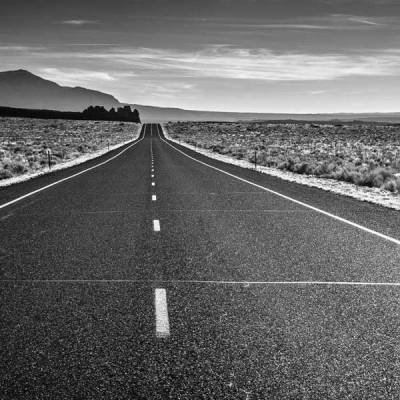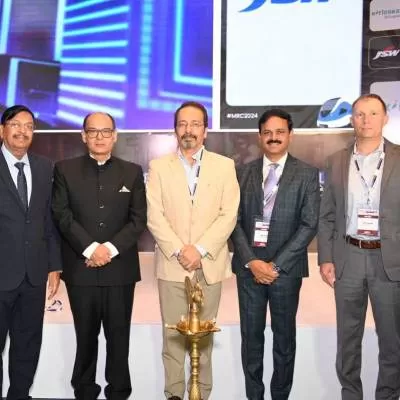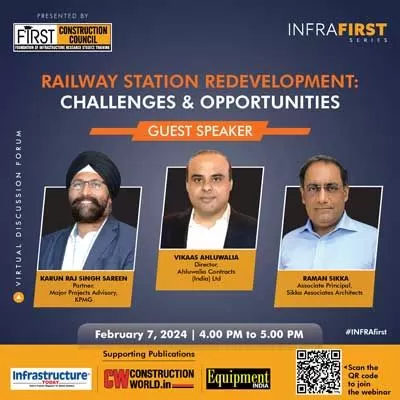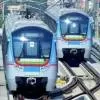- Home
- Infrastructure Transport
- RAILWAYS & METRO RAIL
- JICA supports metro-rail through ODA loans and technical cooperation.
JICA supports metro-rail through ODA loans and technical cooperation.
To assist India in building its metro network, JICA has extended a cumulative loan amount of Japanese Yen 1.3 trillion (about Rs 870 billion) for six cities: Delhi, Bengaluru, Chennai, Kolkata, Mumbai and Ahmedabad. Katsuo Matsumoto, Chief Representative, JICA India, shares more with SHRIYAL SETHUMADHAVAN.Current success of metro-rail projects in IndiaIndia has successfully expanded its overall transportation network to ensure better connectivity within cities. The country’s robust metro-rail network has added to the economic development within these cities by providing easy, smooth and environment-friendly commuting. Metros have not only been successful in coping with the increasing demand for urban transport but in increased speed of vehicles and reduced road accidents. JICA-supported ongoing metro projects envisage building an efficient urban transportation system to cater to the growing population. The success of metro projects in India can be seen from the fact that besides carrying billion of passengers, they have considerably reduced vehicular pollution and provided commuters with an alternate means of travel that is faster and reliable. The metro has supported women who travel alone by strengthening security and ensuring safety even at odd hours and at remote places—31 per cent of all Delhi Metro passengers are women, of which 82 per cent travel alone in the metro. Indeed, the metro networks in Delhi, Bengaluru, Kolkata, Chennai, Mumbai and Ahmedabad have been carefully designed keeping in mind the specific needs of the cities, including inclusive growth and development. JICA wishes to continue to support metro projects through ODA loans and technical cooperation in India.Projects supportedJICA has been supporting projects in Delhi, Bengaluru, Chennai, Kolkata, Mumbai and Ahmedabad. In 2018, JICA signed an official development assistance (ODA) loan of Rs 16 billion for the third tranche of Kolkata metro between Howrah Maidan to Salt Lake Sector V, including an underwater section, which is first of its kind in India. A Rs 33 billion loan for Delhi Metro Phase 3 and Rs 43 billion for the first tranche of Chennai Metro Phase 2 were also signed for building a metro-rail system.Challenges foreseenMetro projects form the mobility backbone of the transport system in urban areas and the need to expand them becomes a crucial concern. Many engineering challenges in the underground and elevated stations, including safety protocols, land acquisition and rehabilitation and resettlement (R&R), become bottlenecks in project execution. The financial requirement poses another challenge, which needs to be tackled through careful assessment of feasibility and readiness to involve private-sector participation. We believe India has been successful in mitigating these bottlenecks so far, ensuring quality infrastructure for its people. Looking further, there is probably much more room to forge a good framework where sustainability of metros could be enhanced through conversion of their spill-over economic effects into measures for new revenue generation. There is also a need to secure easy access of passengers to metro stations.



